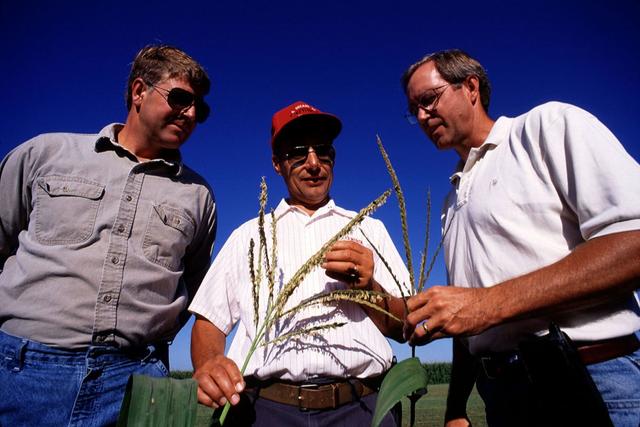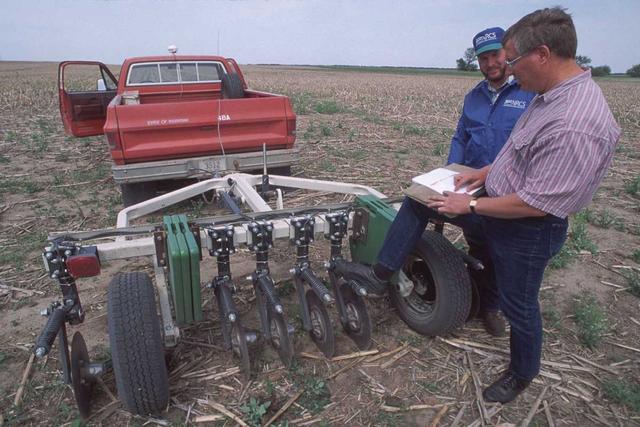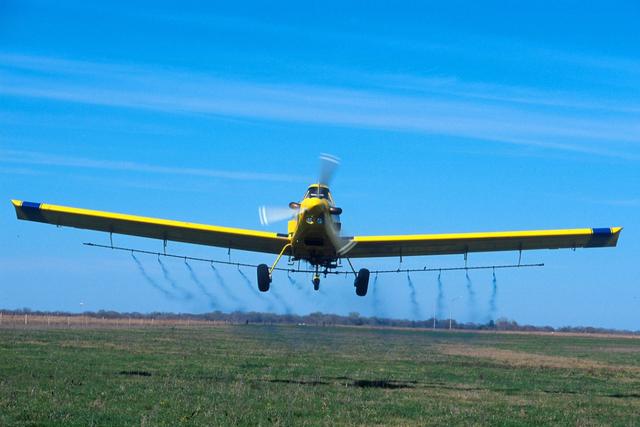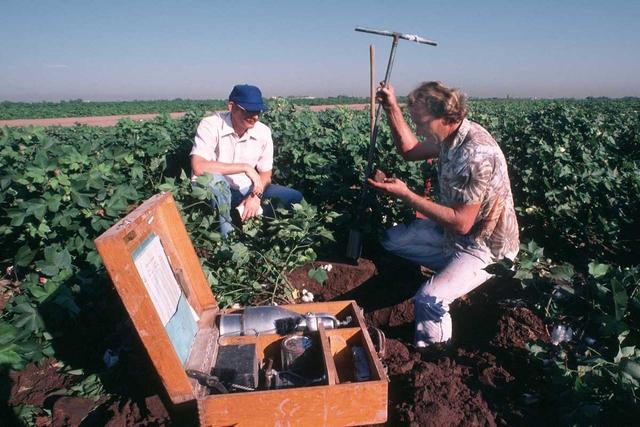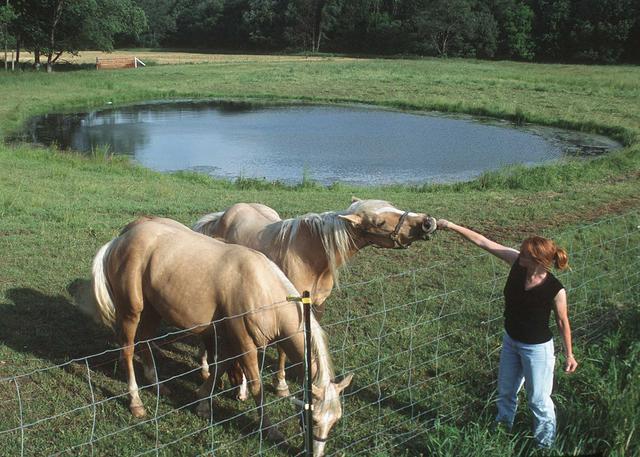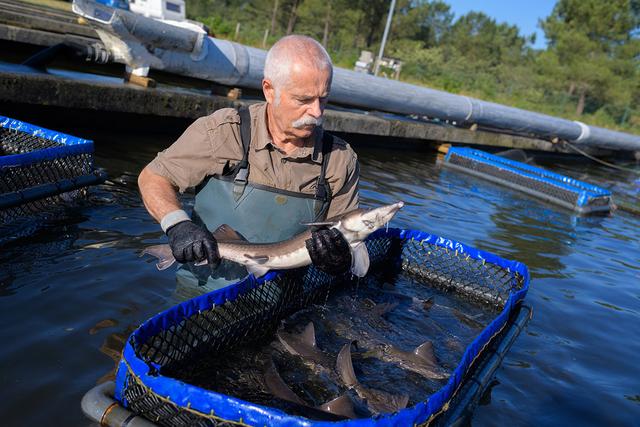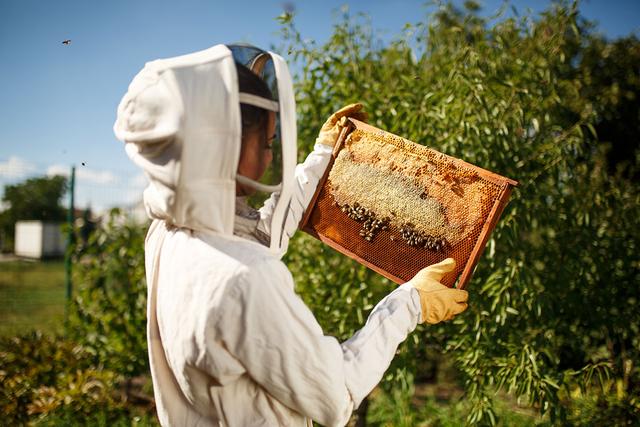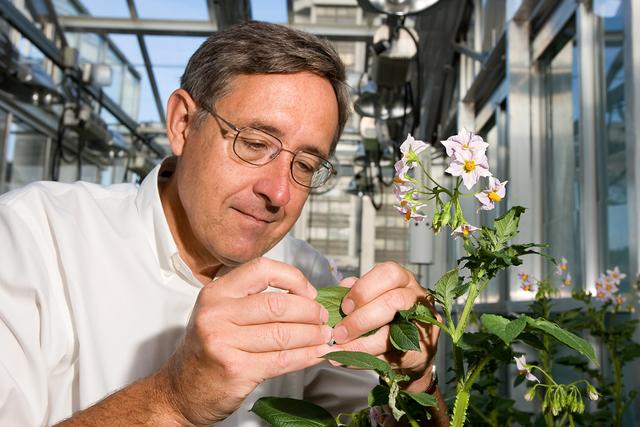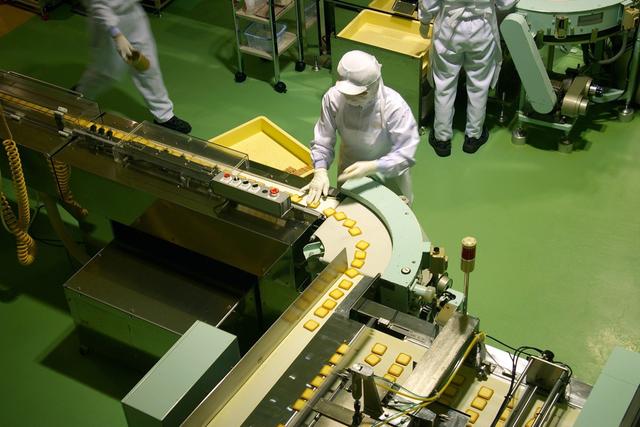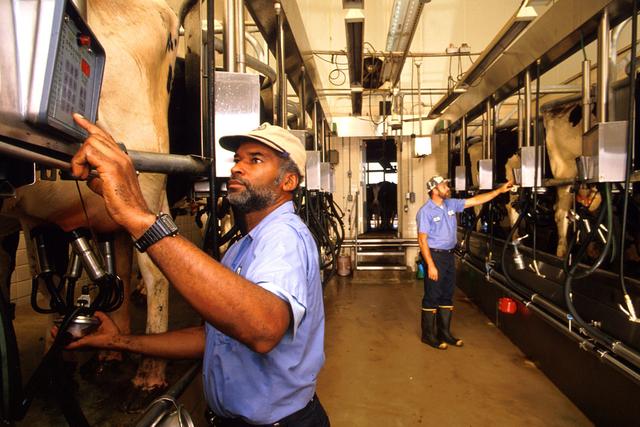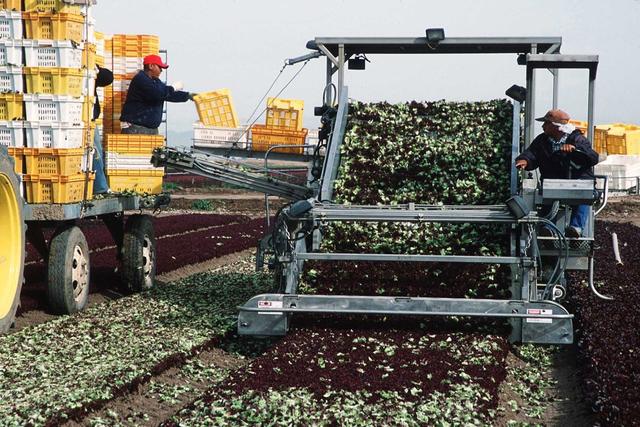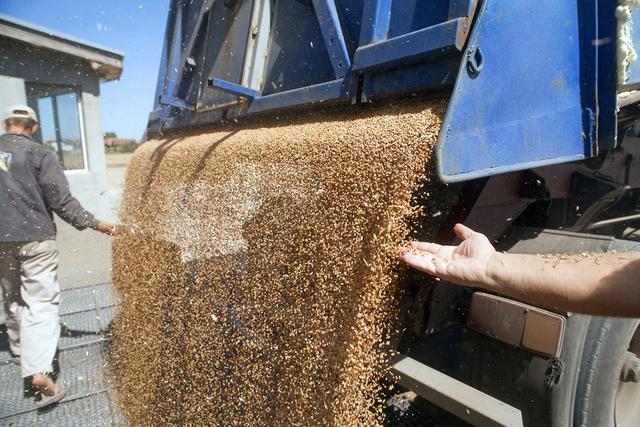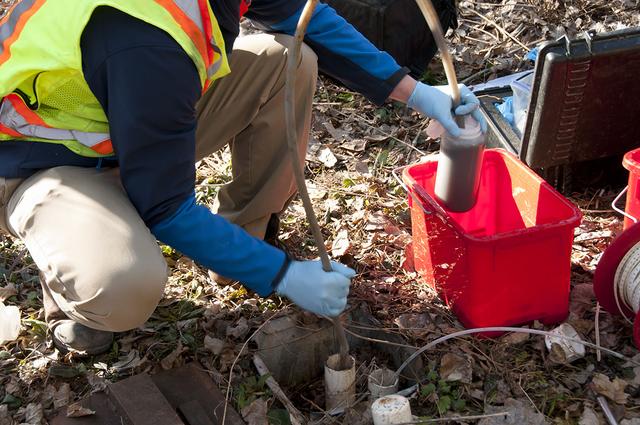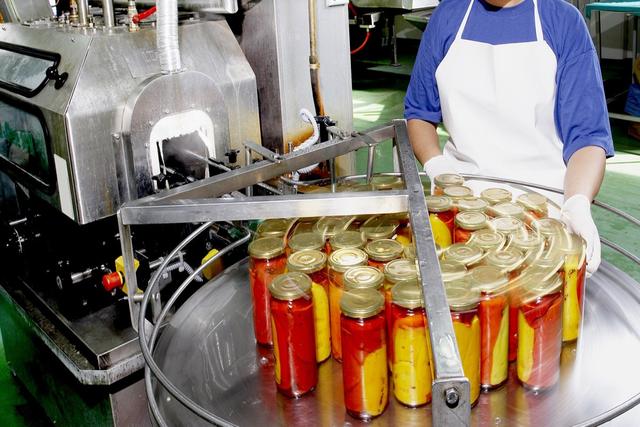Organic Farmers
Overview

Introduction
Organic farmers manage farms that produce fruits, vegetables, herbs, dairy, or other products without the use of inorganic fertilizers and synthetic chemical herbicides, growth hormones, and synthetic pesticides. Depending on the size of the farm, organic farmers manage staff; handle crop production and schedules; work the land; operate and maintain machinery, and repair farm structures; take care of administrative tasks such as bookkeeping, tax reporting, phone calls, and e-mails; and market and promote the farm business.
Quick Facts
Median Salary
Employment Prospects
Minimum Education Level
Experience
Skills
Personality Traits
Earnings
Annual salaries for organic farmers vary each year, depending on the quantity and quality of the farms products and consumers demands for those products. Small farms that are new may not see much, if any, profit during the first few years of the business. Even farms that have been in business for many years, with a longstanding customer base, may see large profit one year and less profit the fo...
Work Environment
Farmers work from dawn to dusk, rain or shine, and will work even longer hours during plantings and harvestings. If they run a small farm with few staff members, more of the responsibilities will fall to them, making for longer days and little, if any, time off. Much of their day is spent outside working the land, but they also spend some time indoors addressing the administrative side of the b...
Outlook
The industrialization of agriculture has enabled large-scale farming businesses to get more done with fewer workers. This trend, coupled with a continuing population growth and consequential urban sprawl (the spread of development, such as houses and shopping centers, into nearby undeveloped land, often prime farmland)—plus surging costs of land, machinery, and other farming necessities—has cau...

